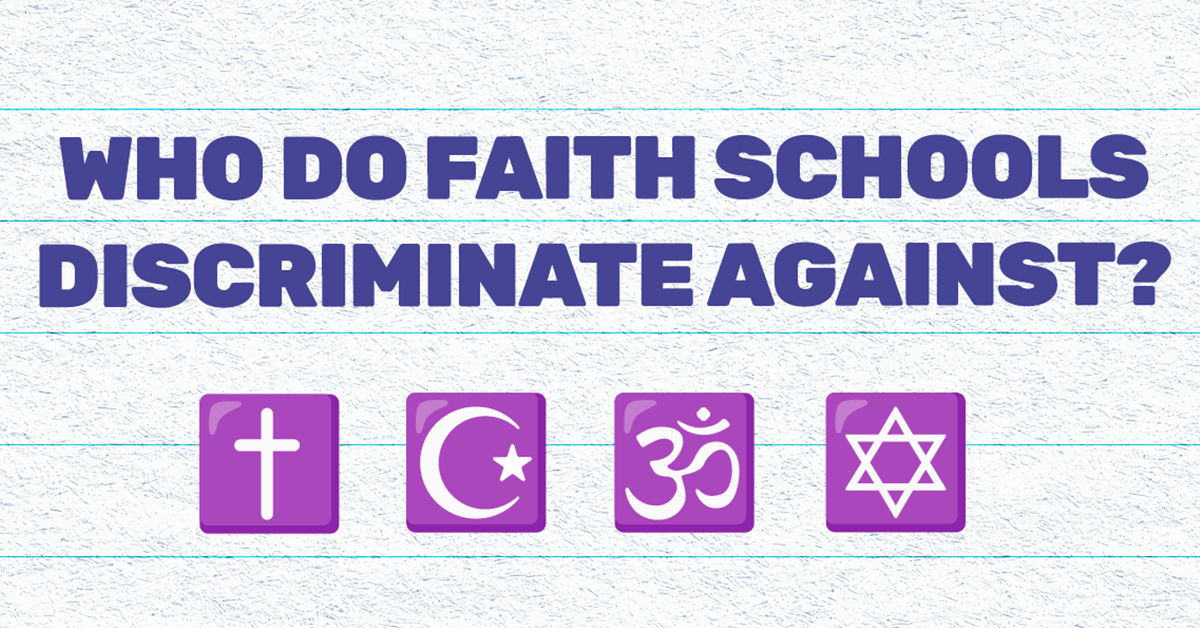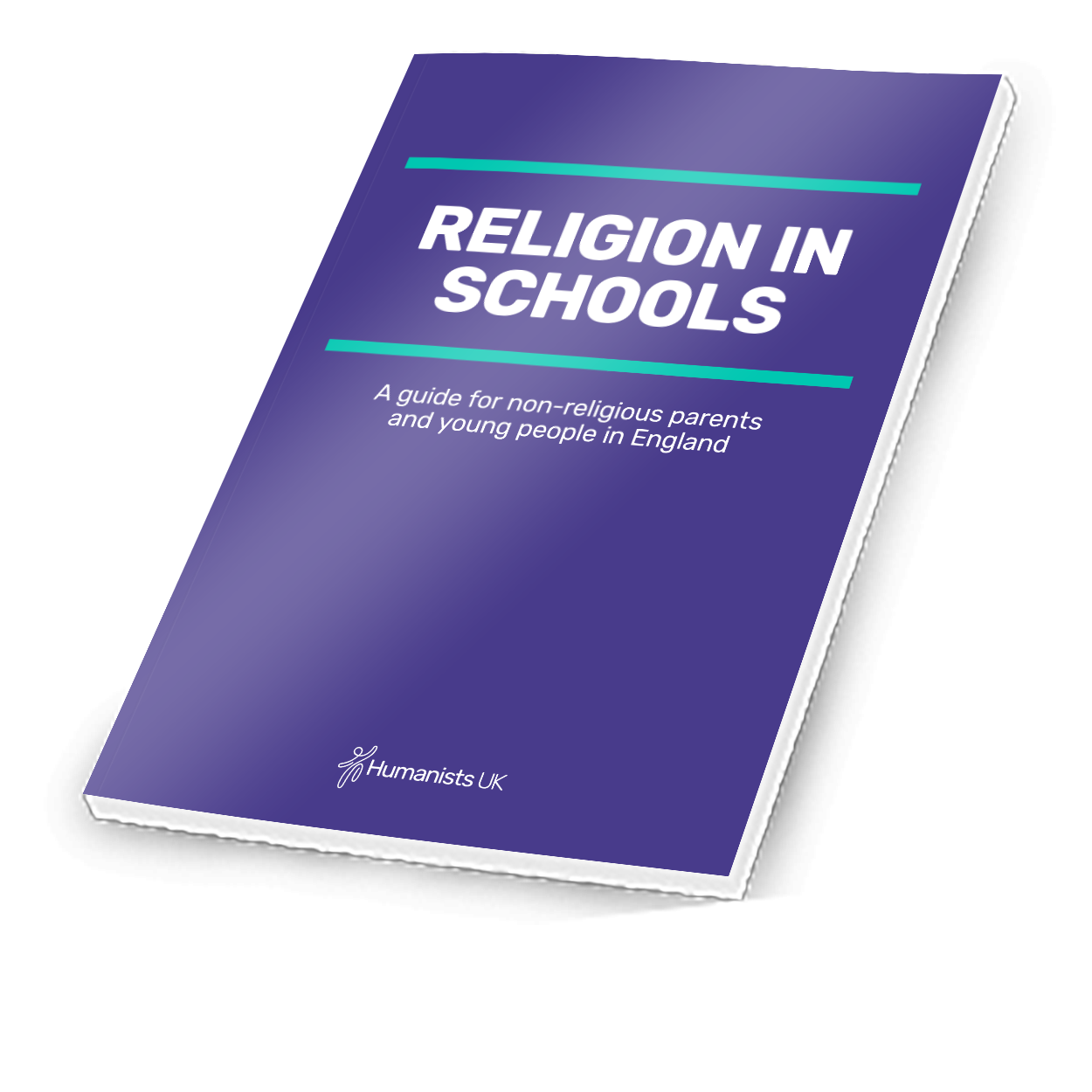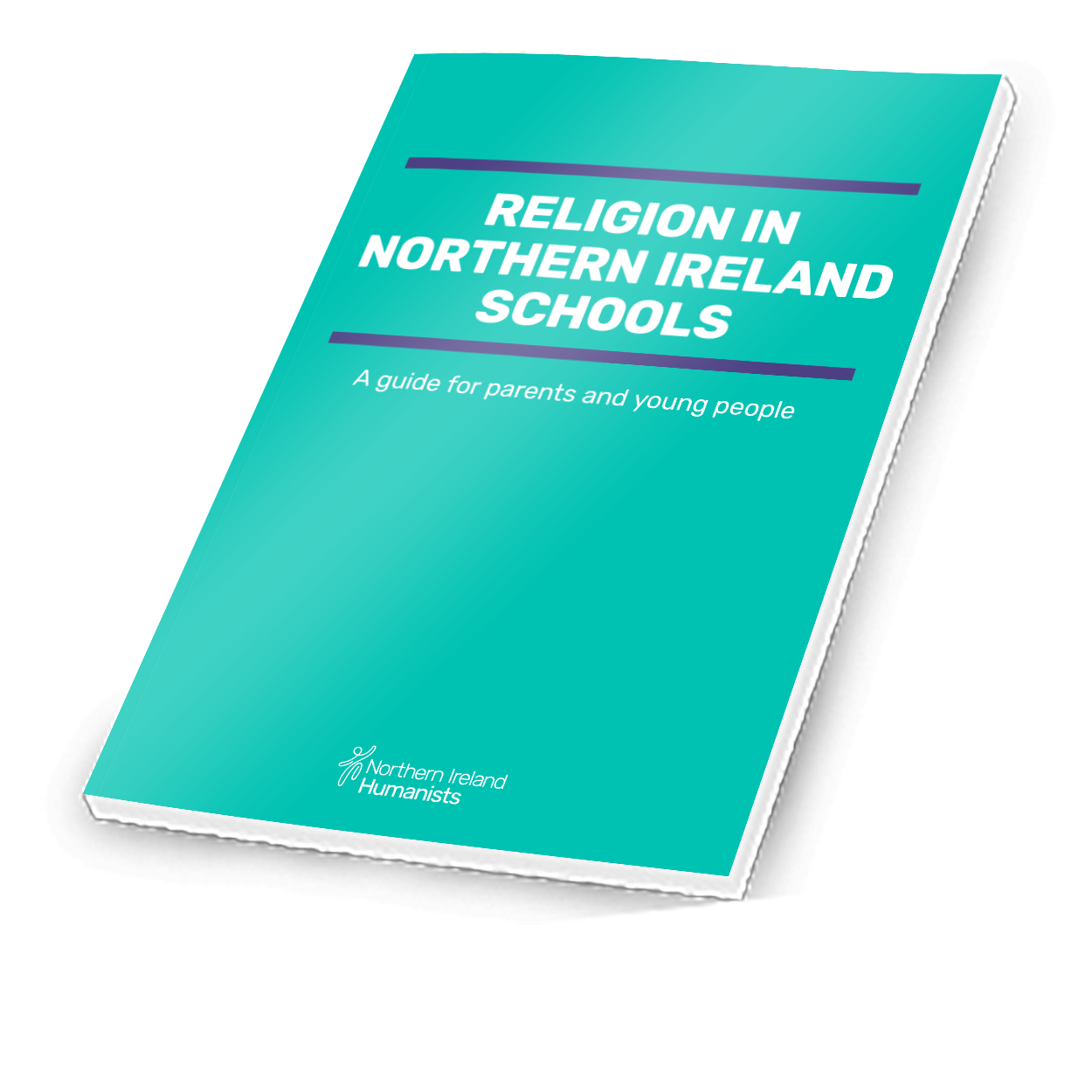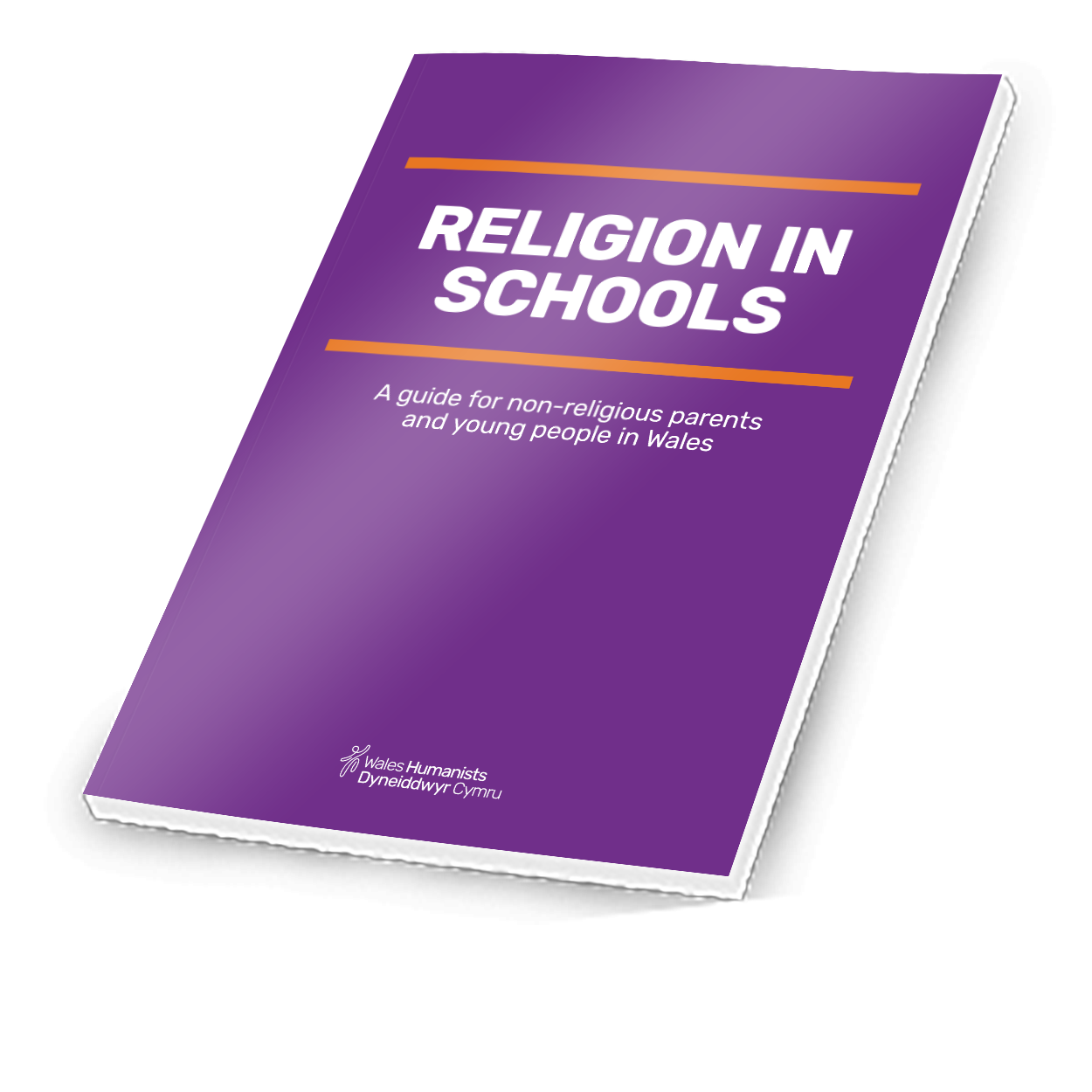
One of our most important campaigns is for an end to religious discrimination in schools – full stop. But one thing we encounter increasingly often is that the public are not informed about these state-funded faith schools or how they operate. We want that information out there in more hands – and we need your help.
With that in mind, here are the facts: five groups of children routinely discriminated against by faith schools, and the evidence for where, why, and how it happens.
1) Children with special educational needs
New research has shown that Catholic and Church of England schools admit fewer children with special educational needs or disabilities compared to community schools without a religious ethos. This is simply because around a third of faith schools don’t make plain that, or how, they can be admitted. It’s an unholy mess.
2) Vulnerable children
In England, all state-funded schools are required to prioritise children who have been in social care. However, because of their religiously selective admissions processes, faith schools are exempt from prioritising all Looked After Children (LAC) and Previously Looked After Children. We think this is a scandal.
3) Children from poorer families
Most faith schools use religious criteria for admission, such as regular church attendance and other religious activities. These requirements advantage families with the means and flexibility to meet them. As a result, children from families with limited resources are at a disadvantage, as they’re unlikely to be able to jump through these absurd hoops. Something that often shows up in the statistics, for example, is that faith schools admit fewer children on free school meals compared with their neighbouring comprehensives.
4) Children with non-religious parents
We as a society have never been more non-religious. Yet one third of all state schools in England and Wales are faith schools, and essentially all schools in Northern Ireland are Christian schools. It doesn’t add up! Children may have to go to a religious school because there’s no other choice, or they might be turned away from a nearby school just because of their parents’ beliefs. It’s shameful that this is the status quo.
5) Children from ethnic minorities
Religious schools are racially segregated. This prevents children from different backgrounds from learning side-by-side. Former government integration adviser Ted Cantle CBE urged both current and past governments to address the division of children by religion, as government research shows that ethnically diverse schools foster greater trust among pupils from various backgrounds compared to faith schools.
Need more evidence? Want to know your rights and start navigating religion in your local schools? Download our Religion in Schools guide today.
Notes
For further comment or information, media should contact Humanists UK Director of Public Affairs and Policy Richy Thompson at press@humanists.uk or phone 020 7324 3072 or 020 3675 0959.
Watch the debate on Parliament TV.
Read more about our work on faith schools and religious selection.
Humanists UK is the national charity working on behalf of non-religious people. Powered by 110,000 members and supporters, we advance free thinking and promote humanism to create a tolerant society where rational thinking and kindness prevail. We provide ceremonies, pastoral care, education, and support services benefitting over a million people every year and our campaigns advance humanist thinking on ethical issues, human rights, and equal treatment for all.




